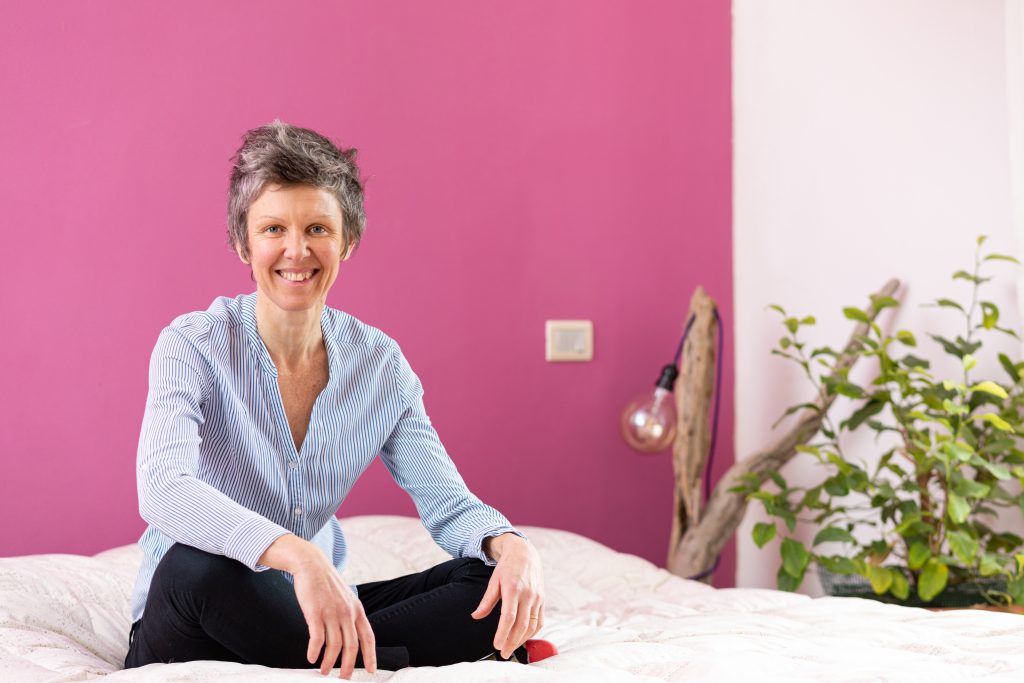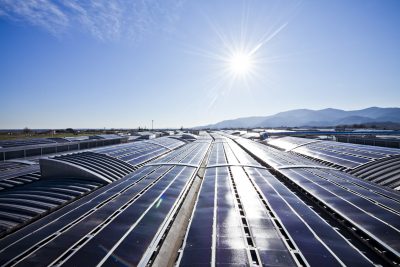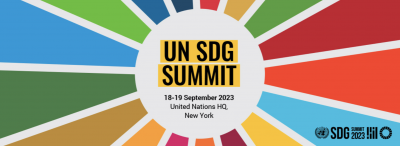Women, girls and LGBTQI+ people face major barriers to getting their own voices heard, gaining access to fundamental rights, equal opportunities in education, jobs and leadership positions, and to be free from any forms of violence. Areta Sobieraj, of Oxfam Italy, reminds governments, policymakers, communities and the corporate sector of the importance of listening to the unheard voices
A recent talk by Areta Sobieraj, global citizenship education lead at Oxfam Italy, outlined the action her organization is taking to ensure that marginalized voices are heard when it comes to making policy to tackle inequality, poverty, and climate change.
“Promoting transformative changes that allow poverty and inequality to be eradicated in the long term is the founding element of Oxfam’s mission,” Sobieraj said. Both communities and individuals who experience poverty, injustice and exclusion are at the heart of Oxfam’s work, which is also paying particular attention to the most vulnerable groups and creating spaces for their participation in the definition of policies and programs at a local level.
Increasing the focus on the commitment to the community and its local dimension is, in Oxfam’s view, also one of the ways to contribute to the effective achievement of the UN’s Sustainable Development Goals. “Being treated equally and enjoying the same rights, no matter your sex or gender, is a fundament human right,” said Sobieraj. “However, according to last year’s World Economic Forum, it will take another 132 years to close the global gender gap.”
The European Institute for Gender Equality’s (EIGA) latest gender parity index paints a similar disheartening picture with only a 0.6 score increase a year. Results have shown that specific groups of people, who tend to be more vulnerable during times of crisis, are most at risk where intersectional gendered inequalities intensify the issue.
You can watch the video interview with Oxfam’s Areta Sobieraj here:
“As crises are compounding women’s workforce achievements are suffering, as is gender parity,” said Sobieraj. “This means that on top of being mistreated because of your gender, you are also discriminated against because of your ethnicity, sexual orientation, race, disability, income, and occupation for example. As a result we now have an even wider gender and racial gap. And, women and girls are the most exposed to the effects of the climate crisis.”
Suffering the consequences
Despite bearing very little responsibility for contributing to climate-damaging emissions, women in rural communities in the so-called Global South suffered the greatest consequences. For example, while central America emits only 0.5% of greenhouse gases, women living in Guatemala, Honduras, Nicaragua and El Salvador are increasingly affected by poverty, hunger, and social violence. All these have worsened in recent years, also due to climate change.
“Women’s livelihoods are highly vulnerable to the effects of climate change, which is driving many women below the poverty line and worsening food insecurity,” Sobieraj reminded us. “In 2020 it was estimated by the World Food Program in America that almost 60% of the people suffering from hunger were women and girls. And since then, the gender gap has only increased.”
“Women’s livelihoods are highly vulnerable to the effects of climate change, which is driving many women below the poverty line and worsening food insecurity”
Areta Sobieraj, Oxfam Italy
It is one of Oxfam’s core principles that there cannot be economic, climate, environmental and social justice without gender and generational justice. “If policies do not have a gender approach, programs will risk ignoring the root causes of inequality and unwittingly exasperate existing inequalities,” said Sobieraj. “Worldwide women make up the majority of those living in poverty. For this reason, improvements in legislation and policies to protect their equal rights are fundamental to ensure a structural change in society and the full protection from violence and discrimination.
The takeaway is that transforming gender and power relations, patriarchal norms – and values that underpin them – through education and campaigning is critical to challenging inequalities. Supporting women, girls and LGBTQI+ people, taking control and taking collective action is one of the most important drivers of sustained improvements for all people’s rights and is a powerful force to end poverty for all.
Further details:
For more information, visit https://www.oxfam.org/en.






